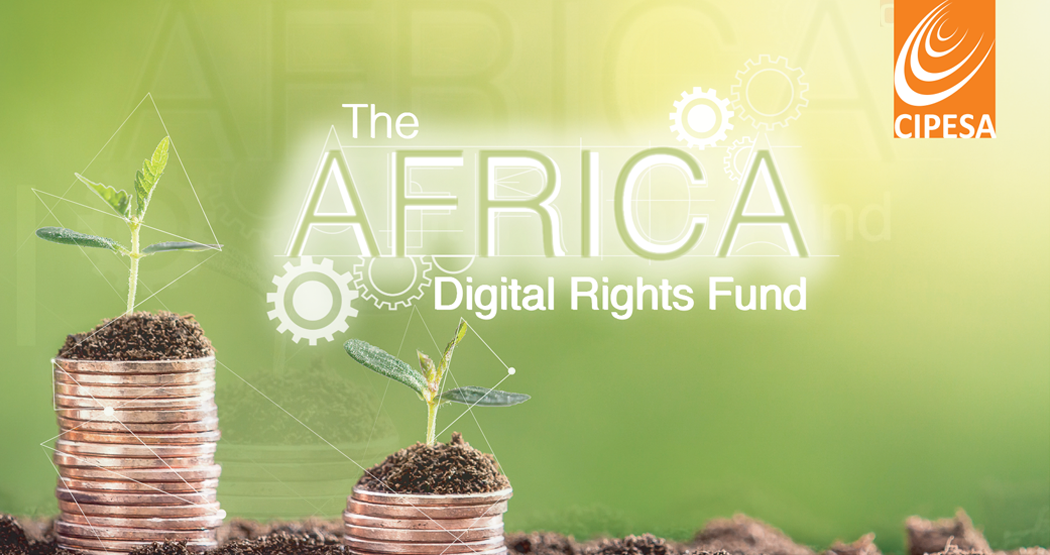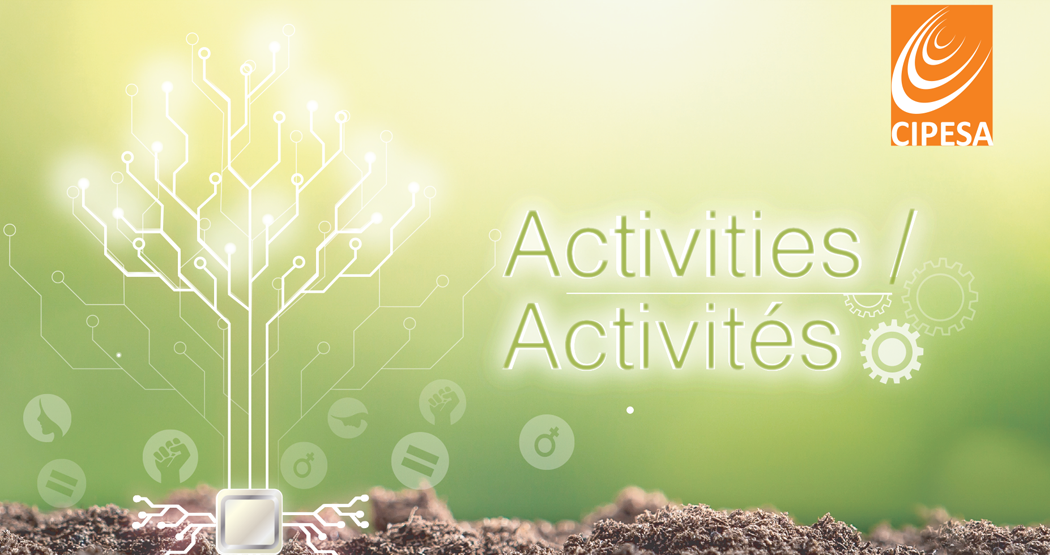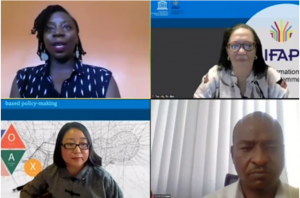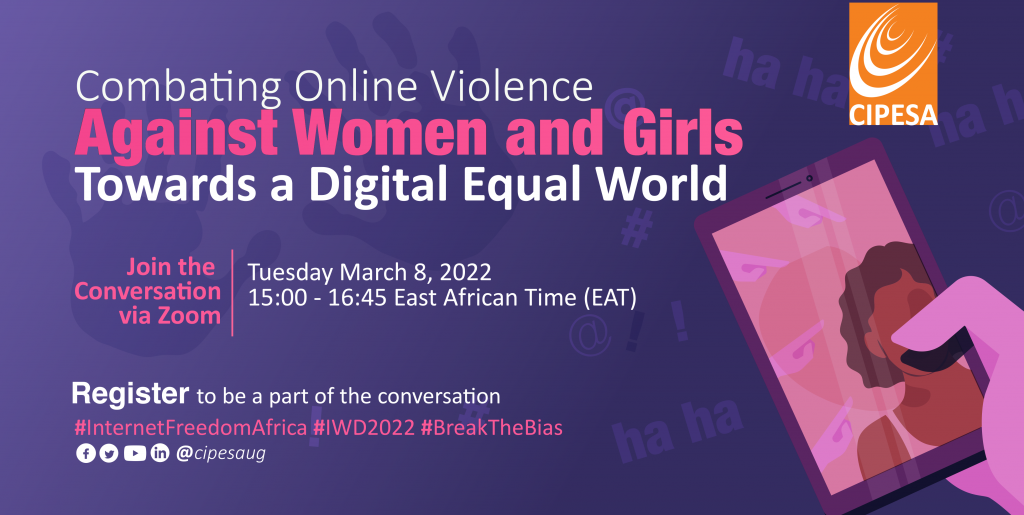By Edrine Wanyama |
Uganda’s Information and Communications Technology (ICT) sector contributes 9% of the country’s Gross Domestic Product (GDP) and could contribute to the country’s socio-economic transformation through innovation and food security, access to markets such as for agricultural produce, and improved service delivery. However, a new Policy Brief by CIPESA shows that universal, affordable access remains largely unattained due to the high and multiple taxes on digital products and services.
According to the GSMA’s Mobile Connectivity Index, which measures key enablers of mobile internet adoption such as infrastructure, affordability, content and services, Uganda lags behind its neighbours Kenya, Rwanda and Tanzania.
According to the Uganda Communications Commission (UCC), by September 2021, the country had 29.1 million telephone subscriptions that translate into a national penetration of seven connections for every 10 Ugandans. However, the proportion of Ugandans who actually own or use mobile phones is less than 70% due to multiple SIM card ownership. Internet subscriptions stood at 22 million, or a penetration of 52%, yet the percentage of the population that actually uses the internet is much lower, as many users have multiple subscriptions.
Internet and mobile telephone penetration are still low in Uganda in comparison to Kenya with 122% internet penetration and 133% mobile penetration, Rwanda with 64.4% internet penetration and 84.2% mobile penetration, and Tanzania with 50% internet penetration and 91% mobile penetration. The average phone subscriber in Uganda spends just UGX 10,500 (about USD 2.8) per month on voice, data and SMS services. This average revenue per user (ARPU) in Uganda is significantly lower than in other African countries.
Uganda levies a direct 12% levy on the net price of internet data, after which a Value Added Tax (VAT) of 18% applies. There is also a 12% excise duty on prepaid airtime, postpaid airtime, and value added services, as well as a 10% import duty on devices. This multiple taxation translates into high cost of services, devices, hardware and software, with suppliers and service providers passing on the financial burden onto consumers, thereby aggravating the affordability challenge.
With one of highest mobile data rates in the region, with 1 GB of data costing up to 16.2% of an average Ugandan’s monthly income, digital exclusion has been perpetuated with the groups most excluded from the digital economy being the elderly, rural communities, persons with disabilities , the youth, refugees and migrants. Indeed, research has found that Ugandan men are 43% more likely to be online than women.
Meanwhile, according to the Brief, innovation and e-commerce continue to suffer regression with initiatives such as the National ICT Initiatives Support Programme (NIISP) and Digital Uganda Vision achieving minimal impact. This is because poor internet access hinders knowledge creation and stifles innovation in a world where fintechs, mobile payments and a growing array of e-services and e-trade are getting mainstreamed. Similarly, freedom of expression and access to information continue to be undermined despite consistent calls upon the government by the private sector to government to refrain from blocking access to the internet and some social media sites such as Facebook, a practice that undermines citizens’ access to information and freedom of expression, and which also cripples business operations.
The high and multiple digital taxation in Uganda has greatly undermined the ICT sector’s potential as a driver of socio-economic transformation and perpetuates exclusion. It also means that e-governance, e-services and e-commerce cannot achieve full scale, citizens’ access to information and public participation is undermined, and the innovation ecosystem remains frail.
The Brief calls upon the government, civil society and the technology sector to take the following measures for progressive reform in the sector.
Government
- Repeal all retrogressive legislation such as the Excise Duty (Amendment) Act of 2021 which provides for a 12% levy on the net price of internet data.
- Lower the Value Added Tax on ICT services from the current 18% to not more than 12%, and reduce by 50% the import duty on ICT devices as well as the excise duty on airtime and value added services.
- Undertake measures, such as tax incentives, to lower the cost of assistive technologies like screen readers, text-to-speech software, manual Perkins Brailler, hand-held magnifiers, hand frames/slates and communication boards for persons with disabilities.
- Refrain from implementing measures that disrupt access to the internet and social media, and if any such measures are taken, they should be absolutely necessary, proportionate and for a very limited period of time.
- Deliberately undertake measures to expand access and usage of ICT by disadvantaged groups, such as through leveraging the universal service fund (RCDF) to fund connectivity and services, as well as digital literacy programmes for rural dwellers, poor women, and persons with disabilities.
Civil Society
- Advocate for affordable and inclusive access including through awareness campaigns and building the capacity of grassroots communities to push back against digital exclusion.
- Engage in public policy consultations and challenge laws such as the Excise Duty (Amendment) Act of 2021 and others that impose an undue tax burden on digital services and devices.
- Collaborate with government and technology actors in efforts to promote digital literacy and infrastructure sharing among others.
- Research and document barriers to digital inclusion to form the basis for advocacy and engagement including through human rights review mechanisms
Technology Sector
- Comply with universal service obligations through infrastructure sharing and provision of accessible services/subsidies for marginalised communities.
- Collaborate with civil society in efforts to promote digital literacy and innovation.
- Engage in public policy consultations and challenge laws such as the Excise Duty (Amendment) Act of 2021 and others that impose an undue tax burden on digital services and devices.
Read the full Brief here





